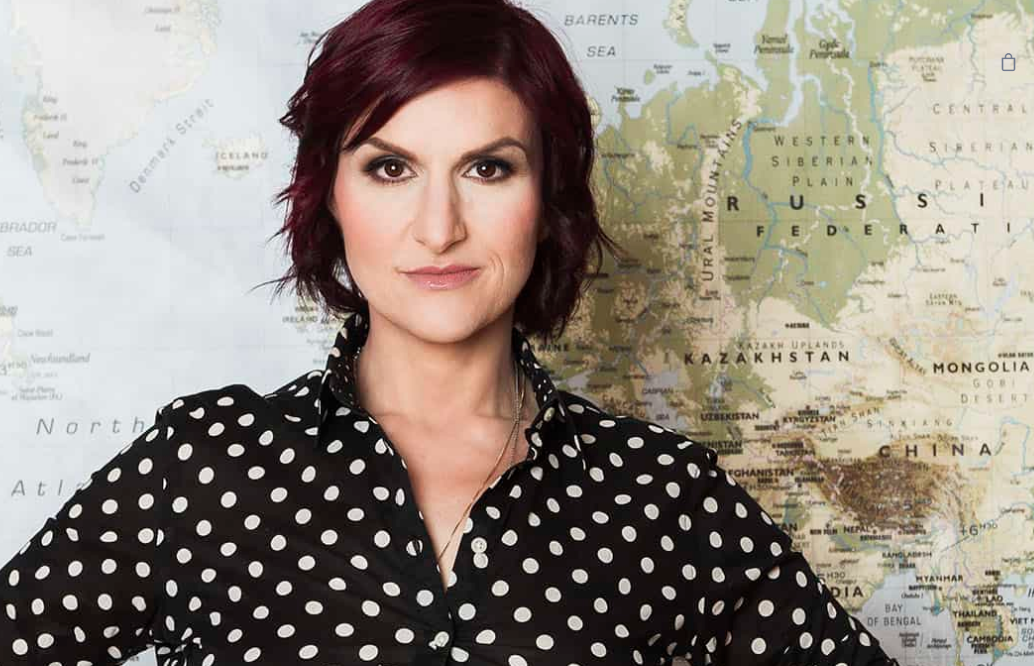If you were not born in Canada and want your Manitoba COVID-19 vaccine card, you may be finding yourself out of luck.
For close to two months, Manitoba has opened its system showing proof of being fully vaccinated against COVID-19 with a digital QR code or the physical card. The system the province created does not include foreign nationals, people who are not Manitoban citizens, leaving thousands of people without the ability to show official proof of vaccination.
The province did not inform immigrants they may not be eligible or why they were excluded, leaving people to find out on their own.
"I was pretty disappointed when I found out I couldn’t get a QR code. And also dumbfounded at such an oversight, or 'plot hole,' on the government's part. It’s as though they built a system without fully thinking it through," Derek Bassey, a student at Canadian Mennonite University from Nigeria says.
 While Bassey would like to go out to the movies or other places with friends who have proof of being fully vaccinated, his bigger issue is the loss of work. (Derek Bassey/Facebook)
While Bassey would like to go out to the movies or other places with friends who have proof of being fully vaccinated, his bigger issue is the loss of work. (Derek Bassey/Facebook)Bassey says "It’s either that or the more uncomfortable reality that they built the system and just didn’t care." He normally would travel to other provinces for work but not having vaccination proof limits him.
Rosanna Pancotto, a certified immigration consultant and president of Prairie Sky Immigration, has found earlier health care changes have made a big impact on all immigrants, especially for those whose health cards are now in limbo.
"There are multiple levels of frustration," Pancotto says. "They call me typically when they come into a roadblock."
The consultant says communication about the COVID-19 vaccine card is limited.
"You can't even contact anybody regularly by phone; it is all by email. It is all limited information. Access to the department and access to information has been very sporadic," Pancotto says.
 Pancotto has found immigration to be substantially more difficult due to different vaccination requirements across the world. (Supplied)
Pancotto has found immigration to be substantially more difficult due to different vaccination requirements across the world. (Supplied)Pancotto is frustrated knowing that there is a push to get people vaccinated, but not everyone can get access to their own vaccination information.
"It’s quite unfortunate that the Manitoban government wants to encourage people to get fully vaccinated, but has left out a very significant portion of people," Bassey says.
The Province of Manitoba did not inform anyone that foreign nationals would not be able to get their proof of vaccination.
Task Force says vaccine cards based on health cards
Johanu Botha, Operations Lead of the province's COVID-19 vaccine task force says that the vaccination cards are connected to health cards.
"Everyone who was vaccinated in Manitoba with both doses and have waited the period after their second dose should be able to get an immunization card. The only barrier to that will be if there is a record correction issue or if the information on the health card doesn't match the information the individual enters when they apply for the immunization card."
Botha says information may be being entered incorrectly such as spelling last names differently than what is on the health card. Newcomers who have health cards and are spelling their name exactly as written report that they cannot get a vaccination card or QR code after trying.
Those who do not have a Manitoba Health card can email asking for proof of vaccination, something Botha says can be done. Botha says they are working through requests.
"We will print records for individuals who don't have a Manitoba health card and need that for some reason or other."
Botha says there is work going on to find a way to link immunization records to a kind of health card identifier for people without health cards.
Close to one month ago the Vaccination Task Force announced that they were working on finding ways for international students to get proof of vaccination but this has not been done. Pancotto has found discrepancies between what the provincial and federal governments are saying regarding vaccinations, making it difficult for immigration, especially if someone has been vaccinated using shots that are not approved in Canada and wants to enter or return to Canada.












